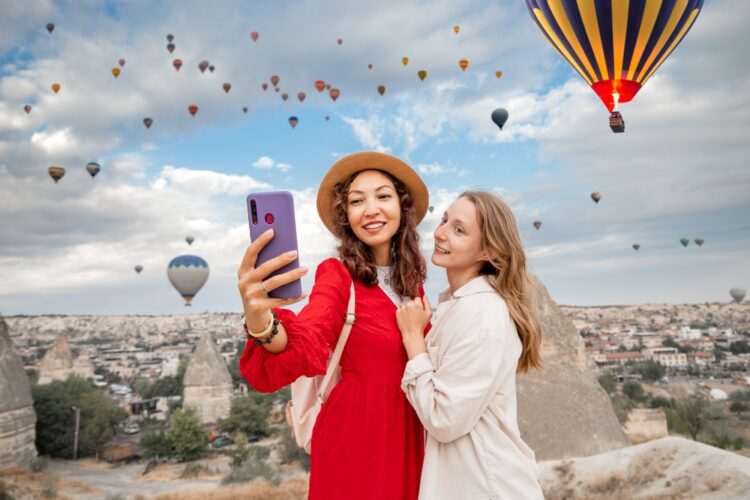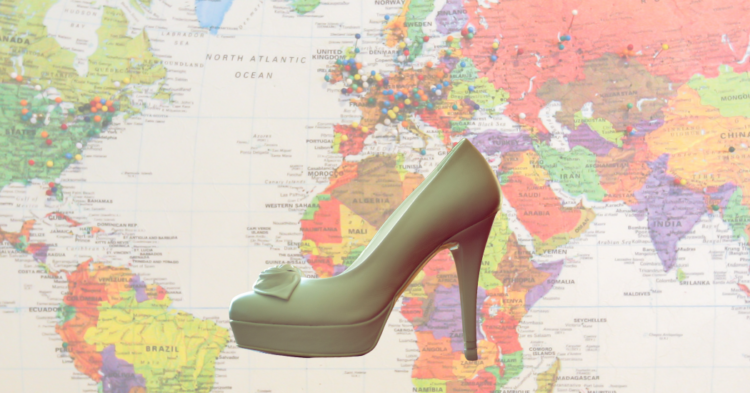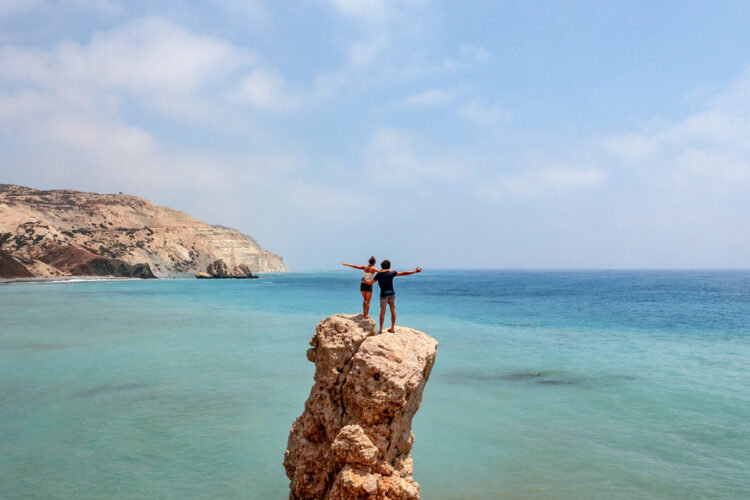Anyone who tells you money can’t buy happiness is wrong. What they mean to say is possessions can’t buy you happiness. Money, on the other hand, can buy you plane tickets and visas and bottles of foreign wine to be uncorked while gazing out over a perfect beachside sunset. Money can take you out to dinner with friends, or buy an espresso at that tiny corner café in Italy, or tickets to the Berlin Philharmonic. Money buys boat rides and train rides and camel rides. The secret to happiness will never be that fast new Ferrari convertible you think you need. Happiness, instead, comes from experiences.
There have been numerous studies over the past few years about money and happiness, searching for a connection. Researchers have found that up to a certain amount, money actually can make one happier: Having enough money to buy daily essentials, pay bills, and otherwise live a satisfactory day-to-day existence is key to a person’s sense of well being. But after that, it’s been argued that buying material goods doesn’t actually make a person more content over an extended period of time. In fact, the initial happiness you seem to have after purchasing that new iPad or custom-made couch will probably wear off within two or three weeks, leaving you searching for the next retail high.

On the other hand, current studies suggest that spending extra money on experiences rather than goods—after you’ve purchased life’s essentials—will actually make a person happier throughout life. Experiences, since they tend to be social activities, build stronger relationships, which is one of the key essentials to happiness. They also aren’t easily comparable to any one else. You will most likely think your trip to Rome was the “best ever,” despite the millions of other people who have also taken trips to Rome, so there won’t be any buyer’s remorse after the fact.
Finally, people tend to reminisce on experiences like travel for years, reliving the adventure over and over, often forgetting any negative aspects of the trip altogether. That fight you had with your spouse? Gone. The bad sunburn you had after a day of hiking? Gone. All that’s left are rose-colored memories of a happy and exciting time, revisited much more often than that pair of boots you bought right around the same time.

For all these reasons, I’ve decided to start living my life with a new motto: Travel before shoes. As a not-so-wealthy waitress/bartender living in an overpriced apartment in Hollywood, my extra funds are limited, and my closet is still over capacity. It’s embarrassing. For someone who spends hours staring at world maps and reading travel guides while rarely purchasing plane tickets, the ease with which I’ll purchase $100 heels is concerning. It’s probably because that purchase is much less of a commitment, much less daunting and more doable than a roundtrip $1300 plane ticket to Mumbai, complete with hostel stays, living expenses, and taking time off work. But lately I’ve been staring at my shoe rack, realizing that if I sold every pair and cleaned out the closet racks above, I’d be in India in no time. And probably a much more content person because of it.
Not to keep harping on the science, but research has also been done concluding that purchases we save for, spend days or months (or years) thinking about before making, are generally much more satisfying than impulse buys. It all makes sense, but it’s something I personally need to hear over and over again to keep me from cleaning out the sale rack in every store. So I’ve made a promise to myself (and if you’re travel obsessed like me, I suggest you do the same): I will no longer make travel a back-burner priority to daydream about for “when I have time and money.”
Instead, I’m done over-purchasing possessions that I’ll forget about next week. I’m saving for India. I’ll bring a pair of sandals and some tennis shoes. And I will savor every experience I have—good and bad—until I don’t even remember that online shopping exists.


